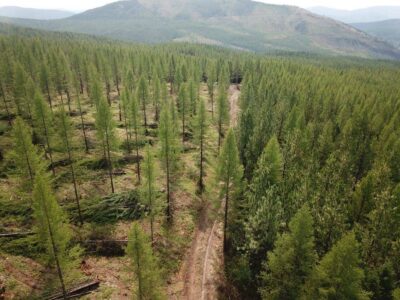Protecting Marine “Wilderness”
A new study shows how to strengthen marine preserves.
The Bush Administration is not remembered fondly by environmentalists, but one important exception came at the beginning of 2009. That’s when President Bush created an additional 195,000 square miles of marine reserves, on top of the 140,000 miles he had created previously. Such marine reserves are not unique to the United States, of course. Yet, until now we have not had a good sense of how to make these reserves effective. A new study in Nature helps fill that gap.
The study found that five factors were key to the success of marine reserves:
No-take regulations, efficient enforcement, large area (>100 km2) and old age (>10 years) each contributed similar increases in fish biomass within MPAs. However, isolation, a categorical factor that distinguished MPAs with reef habitat surrounded by deep (>25 m) water or large expanses of sand from MPAs with shallow reef habitat extending to fished areas, seemed to exert a stronger influence for community-level biomass and richness metrics than the other four features.
The five factors had an exponential effect. Having only one or two of the factors had little effect, but the success of reserves then grew rapidly as the number of factors increased.
These findings should be very useful in designing reserves. As the authors point out, effective marine reserves “require additional time to age, and sufficient will among stakeholders, managers and politicians for increased implementation of no-fishing zones, increased levels of compliance, and extension of boundaries past the limits of reef systems or to deep water.”
Bipartisan cooperation on environmental protection often seems to be a thing of the past. But President Bush’s dramatic designation of marine reserves suggests that this may be one area where political progress is possible. As Bush’s action illustrates, it is also an area where unilateral Presidential action can make a real difference. Hopefully, this is one part of the Bush legacy that President Obama will continue.








Reader Comments